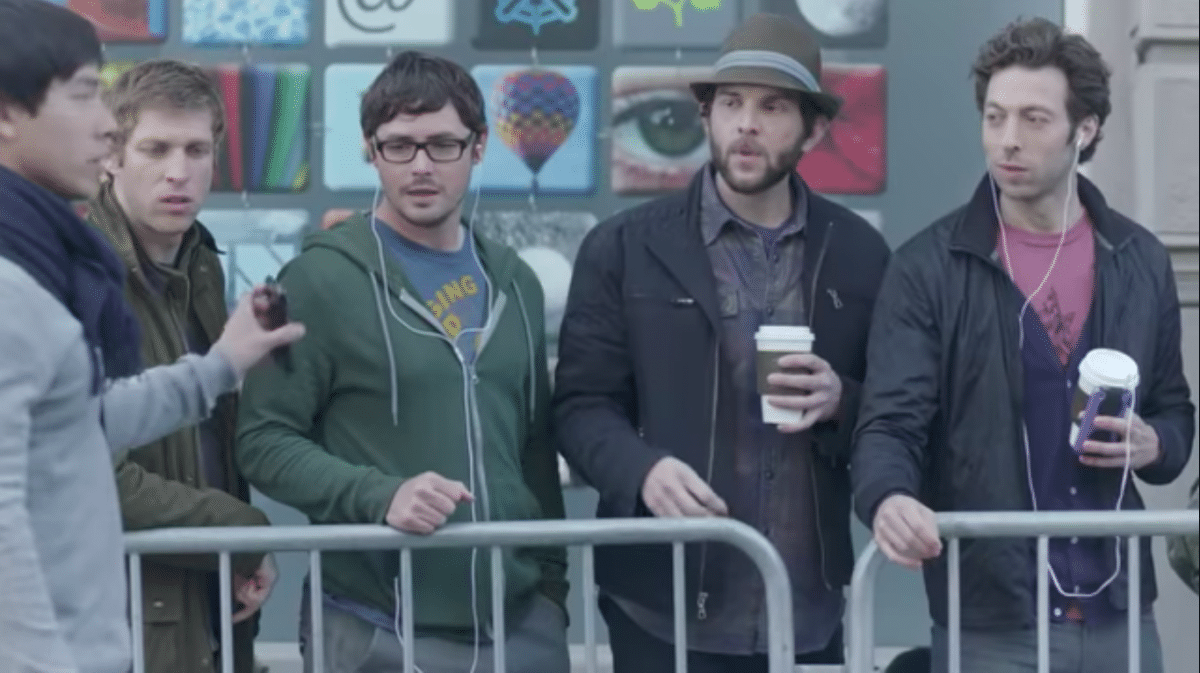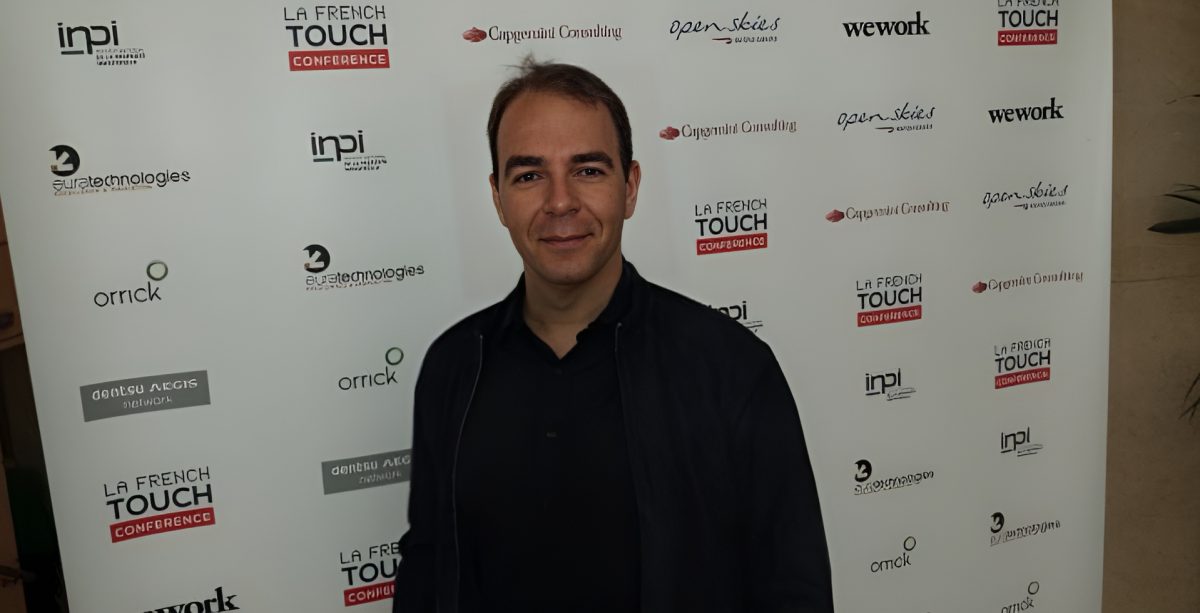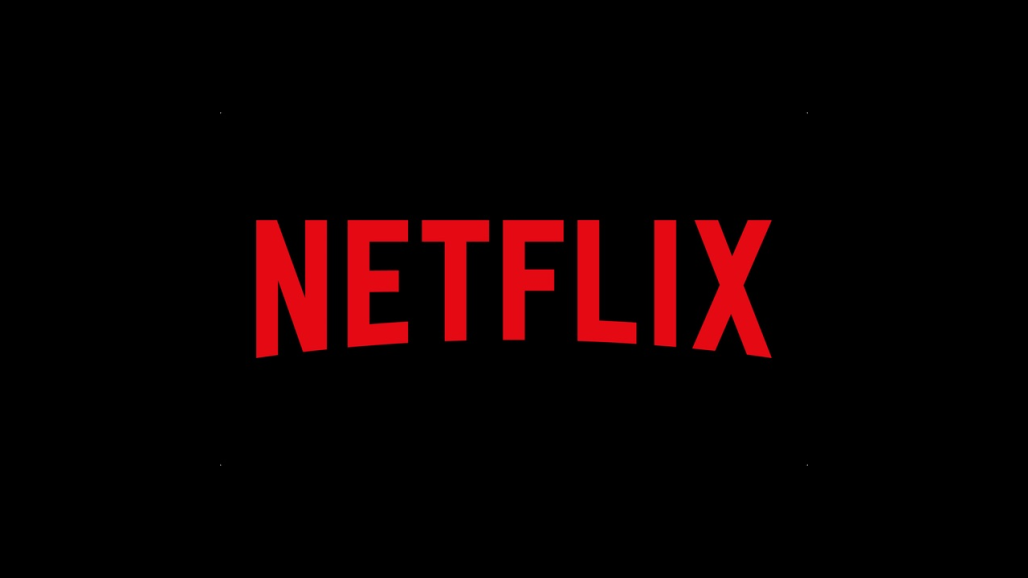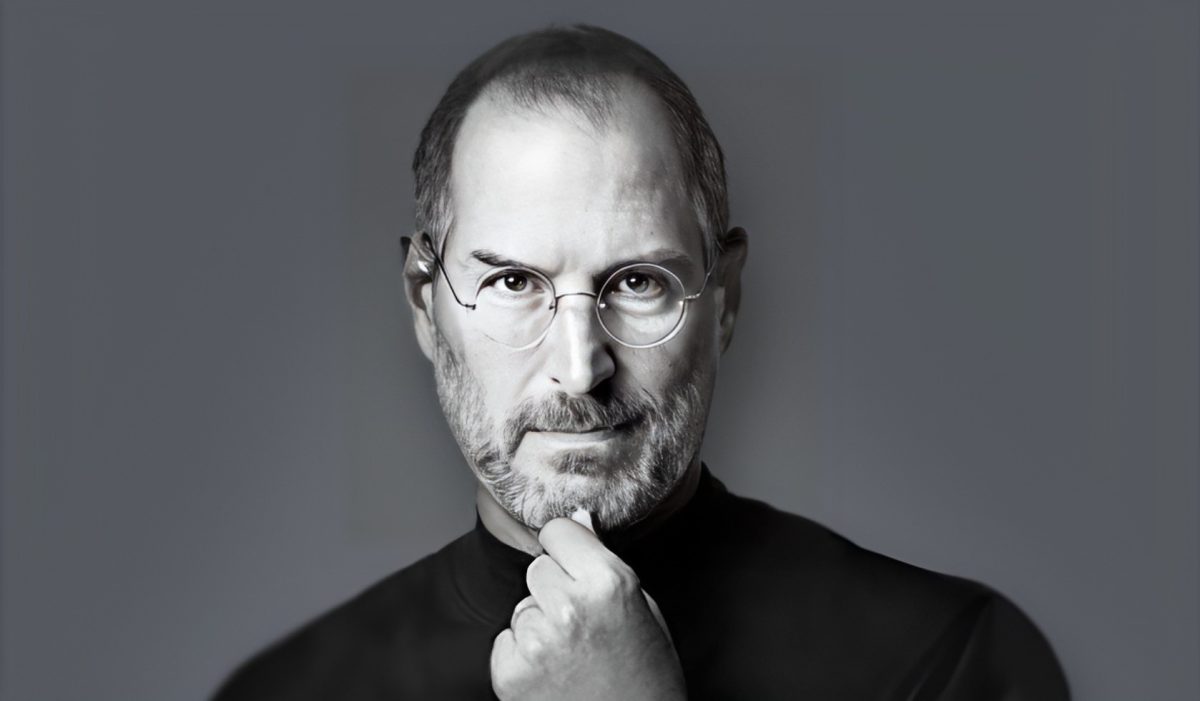Mois : novembre 2011
Very detailed interview about everything I learned as an entrepreneur and business angel
For the French speakers among you:
http://www.itespresso.fr/fievre-de-start-up-fabrice-grinda-toujours-essayer-jusqua-trouver-ce-qui-marche-le-mieux-44612.html
The Irony of Netflix
The last few months have been difficult for Netflix. Ignoring the Qwikster disaster, the world seems to have realized that Netflix’ business model has fundamentally changed for the worse in the move to online video distribution.
Netflix went from being a distributor of exhaustive content (all old + new) with great economics (because they did not have to do deals with the studios) to being a distributor of a subset of content with mediocre economics.
In effect they are now just an on demand cable company with direct distribution and billing to the customer. The positioning they seem to be taking is “we’re great value for the money at $7.99 per month with good, but not exhaustive, old content (especially TV shows) with some exclusive new content”. In effect, they are kind of an on demand TBS mixed with a little bit of HBO, but without the home grown content.
The company is not in a death spiral. It’s just not an amazing business anymore. Having a cost structure dependent on a few large, often illogical, suppliers makes for a bad business model. These suppliers reverse engineer your margin structure and keep pushing prices up. This is why one of my nine business selection criteria is never to be in a business where you have a risk of margin compression and/or disintermediation by your suppliers and/or customers.
What is ironic is that in the long run the “windows” will compress and largely disappear and we’ll probably have every movie and TV show imaginable available for $29.99 / month or something to that extent (potentially with a more expensive tier for the very latest content). However, that may be in a long enough time (10 years?) that Netflix won’t engineer that future. Amazon is arguably better poised to make it happen.
The ultimate irony might be that Reed Hastings realizes the challenges faced by Netflix and pushed fast and early for the move from DVD to on demand to avoid becoming irrelevant as consumer behavior shifted. He also realizes the direction of history is for all content to be available on demand in one location and that it’s the best potential response to piracy. However, the studios’ business model is not ready to support such a move and they are unlikely to want Netflix to bring about this future.
It will be interesting to see in what form this future arrives and when and what role Netflix ultimately ends up playing…
Steve Jobs was one of us
For the past few weeks I was pondering what could explain the viscerally emotional response I felt when I heard Steve Jobs died. I felt a profound feeling of loss and cried as I would have had close friend, family member or beloved dog passed away. Somehow, Steve Jobs, whom I had unfortunately never met, elicited a similar emotional response.
Upon reflection, I suspect that in a way I felt that he was part of the family. His unique understanding of the human psyche and of what we truly wanted, even if we did not voice our needs, allowed him to build products which we welcomed into our homes and transformed our lives. Through our connection with his delightful products, we felt we had a connection with Steve. In that sense, even though he was exceptional, he was one of us.



